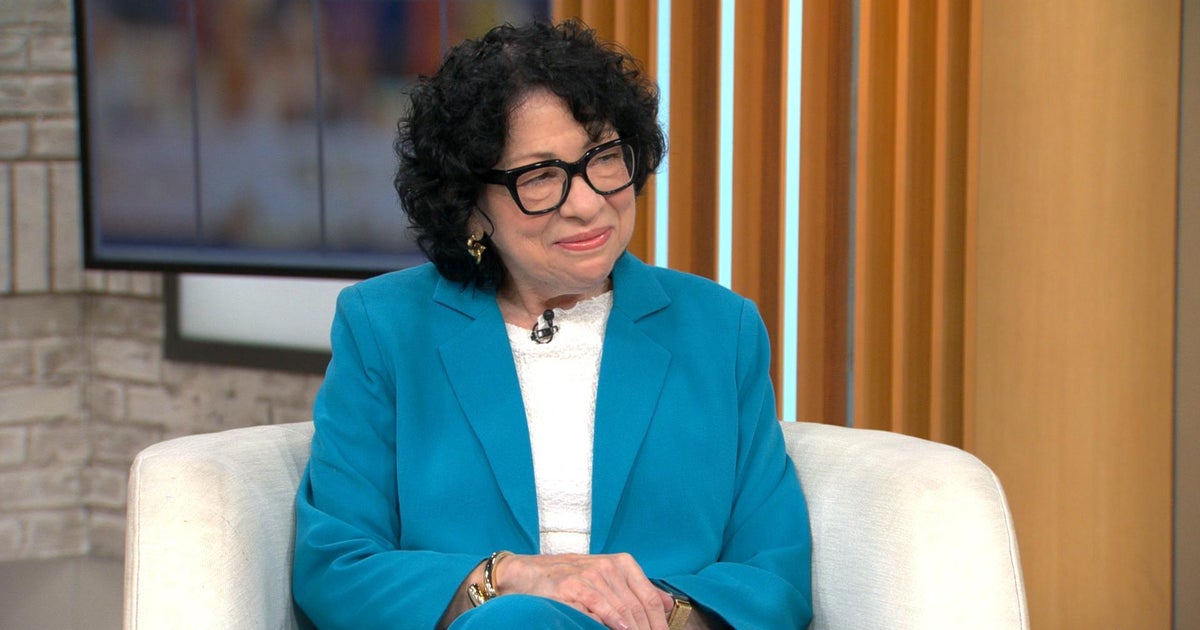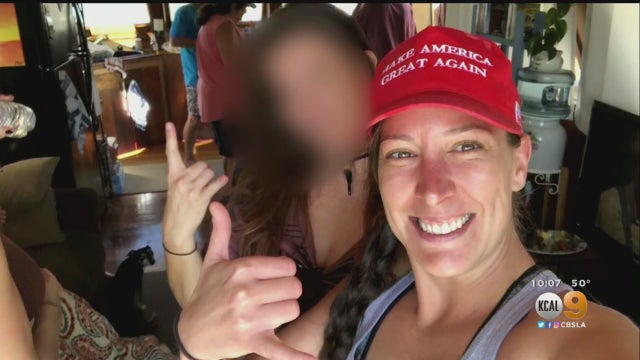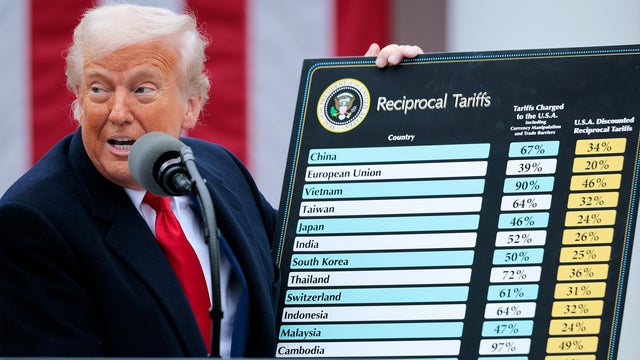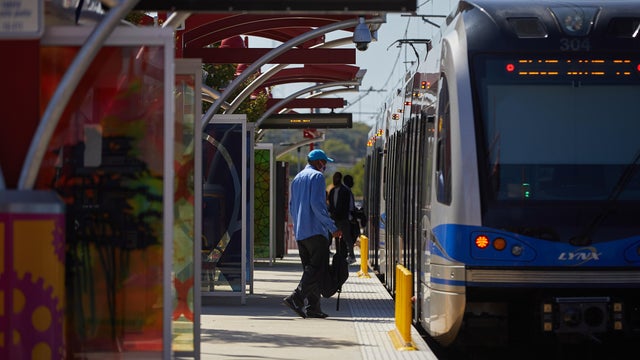

No response returned

Supreme Court said Tuesday that lasting change in the country depends on citizens, not the courts, as she discussed her new children's book during an interview with "CBS Mornings."
"I don't think whether I'm concerned matters. I think what matters is whether people are concerned," Sotomayor said. "I am a I get to decide individual cases. I get to speak my mind about them. In the end, I don't change what exists. People change what they don't like or they support what they do like. The power of change is in people."
Sotomayor declined to discuss specifics when asked about her recent dissent in a temporarily barring federal agents from using racial or ethnic profiling in immigration sweeps in Los Angeles in which she warned the decision opens the door to racial profiling, citing the case's pending status.
"I can't and I won't. It's a pending case right now," she said. "We have decided this one issue but the case is going back down. There will be further proceedings in the court below."
The justice encouraged Americans to read full court opinions and to try to understand the opinions on both sides.
"I tried to be as clear as possible explain to people as I think did in the opinion the reasons why I believe it's unconstitutional. Many of my reasons are based solely on the precedents that have established what reasonable cause for police to stop individuals are," she said.
In her dissent, Sotomayor said she wouldn't "stand idly by while our constitutional freedoms are lost," and she added to the growing criticism over the court's use of its so-called "shadow docket." Sotomayor said Tuesday that the Supreme Court's emergency docket, sometimes called the "shadow docket," allows cases to move past the usual review process in the lower courts.
"The emergency docket is just that, it's a situation in which you are trying to bypass the decision of the lower court before they are finished. You want the Supreme Court to intervene early in the case. That's why it's called the emergency docket, not because it's an important issue as such. But because it is bypassing a normal process," she said.
Sotomayor said that when critics describe it as a misuse of the process, they are questioning whether it is appropriate for the court to intervene at that stage. The Trump administration has faced criticism using the emergency docket as an expedited decision-making process in an attempt to undo unfavorable rulings from district judges.
The justice appeared on "CBS Mornings" to promote her new children's book, "Just Shine: How to Be Your Best You," which tells the story of her mother, Celina. The book is available in both English and Spanish, with an audiobook narrated by singer Gloria Estefan.
Sotomayor said its themes reflect her mother's lessons about love, care and attention.
"What love means to me and it did to my mother is caring about people. Caring and understanding them. Listening. Showing your love by showing them the best side of themselves. And that's what this book is trying to show kids, that they can make the world light up," she said.
She credited her mother as her greatest teacher.
"When people ask you who was your favorite teacher, everybody responds with a school-based person. Nobody ever says my mother or my father," Sotomayor said. "It is parents who are your first teacher and the longest lasting teacher in terms of the lessons you take."
Just Shine!: How to Be a Better You is on sale now.





